It is another Monday morning. Muna Beg wakes up at 6 a.m. to put on her blue scrubs just as she does on any other working day. She quickly fills her stomach with anything she can find from her pantry and closes the door of the apartment behind her as she leaves her one and four-year-old at home for the rest of the day.
She arrives at her hospital, specifically the Intensive Care Unit, as an ER doctor to check which patients are on the list for her shift. A new COVID-19 patient came to the hospital the day before, a random day in May. The patient hangs onto life with the slimmer of strength he has left hoping, praying, the doctors can rid him of the infestation that inhabits his body. He relies on Muna and other doctors present to inject him with the nonexistent cure necessary to continue living.
Muna enters the patient’s room, but there is a barrier that separates the two. She is covered head to toe in personal protective equipment knowing that one wrong move can cost her the lives of her loved ones.
The patient on this day was near the end of the line. Muna watched as each of his three children entered the room one by one to prevent a large exposure to the virus. Her heart broke as the siblings alternated speaking to their father, wishing there were a better way to say goodbye.
Another day, another death, another COVID-19 patient. Tomorrow, the process starts again.
Muna Beg is just one of the thousands of other essential workers across the country. She sacrifices her life and the lives of those around her every day to do the job she devotes herself to. She does her job to keep her community and society alive.
They do their jobs to keep the rest of us alive.
Over 55 million Americans, or 70% of the labor force, are deemed “essential workers,” or front line workers. For comprising such a large portion of this country’s population, they do not receive nearly enough credit, acknowledgement or simple respect.
An essential worker is an individual who works to provide an “essential service.” These are employees who are vital to the country’s backbone and serve a core function within the work force and overall economy. There is a variety of services that are categorized under the term “essential.” They range from food service staff to medical and healthcare professionals to transportation employees to government service workers.
Not only are these workers already sacrificing their lives for the rest of us, but a significant amount of them also are at a low economic level and receive low incomes. According to JAMA Network and the Center for Economic and Policy Research, around 25 to 26% of essential workers are either at the poverty line or below it. Although these front line workers originate from varying backgrounds, they, on average, receive lower wages and come from “disproportionally disadvantaged groups.”
Disadvantaged groups also include people of color. BIPOC are unequally affected by COVID-19 due to 45% of them making up the essential workforce and living in inner cities, such as Milwaukee, where there are higher reported cases of the disease.
Many essential workers not only have to worry about keeping themselves alive, but also struggle to maintain finances as they receive lower wages and come from a low economic background. Expenses such as food, rent and water are even more difficult to sustain during a pandemic.
When Trump supporters and other alt-right individuals choose to storm capital buildings with guns and hold riots to demand states to reopen, one can imagine how much these actions are a spit in the face to these workers sacrificing their lives.
Essential workers get themselves up every morning to work at the literal front lines of this disease —because of the high chance of getting infected — yet certain groups believe it is acceptable to storm the streets because they cannot get a haircut.
These individuals scream in the face of grocery store workers and nurses who are trying their best to keep this society upright and prevent the spread of this disease. They are the ones doing the work to make sure the rest of us who can receive food, health care, Amazon orders, can face less of a risk of COVID-19. What causes an individual to believe that they cannot give these workers simple dignity and respect to listen and follow their rules?
Now, individuals will enter bars, restaurants and other public spaces without wearing masks. They interact with essential workers, yet do not see the necessity to help protect their lives while they are doing the work to protect ours. Waiters are serving non-mask wearing customers while wearing any combination of gloves, masks and face shields. Personally, I would feel embarrassed sitting in front of a worker not wearing a mask and doing the work to mitigate the spread of COVID, but, for some reason, others do not have the common decency.
As a student who is not an essential worker, I recognize the privilege I have in my position. During this pandemic, I had the ability to sit at home while continuing my on-campus job and not worry about risking my life doing it. Whereas, my own aunt is sacrificing her life and her family to keep others alive.
This is a time where Americans must recognize their privilege. While this country’s COVID cases surpass 4 million, we must begin to question what it is we are doing wrong. When more than 35 countries have banned US travelers, do people not understand the necessity to practice dignity and respect?
If you are not an essential worker, follow the healthcare professionals’ rule. If you did not lose your job because of the pandemic, practice decency and just behavior for others and yourself. If you can still pay for your education during COVID, admit your privilege.
We all must use our privilege to act better. Wear a mask and save lives.
This story was written by Aminah Beg. She can be reached at aminah.beg@marquette.edu.


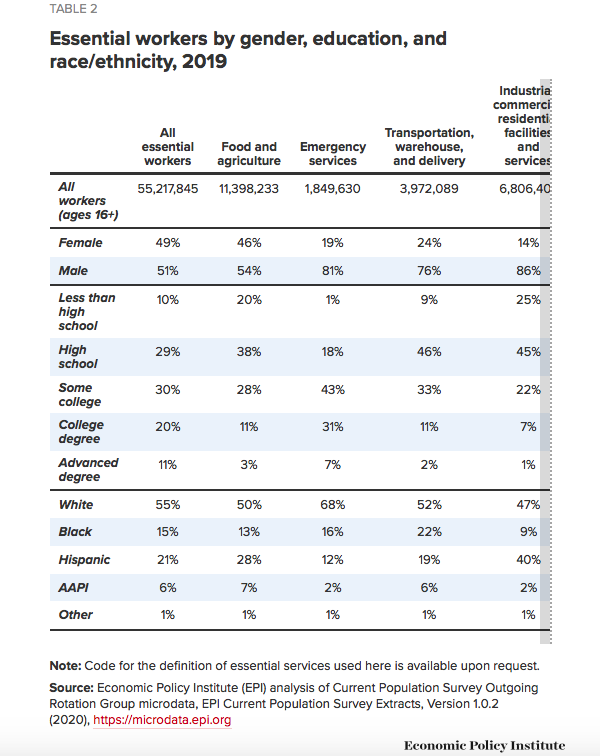

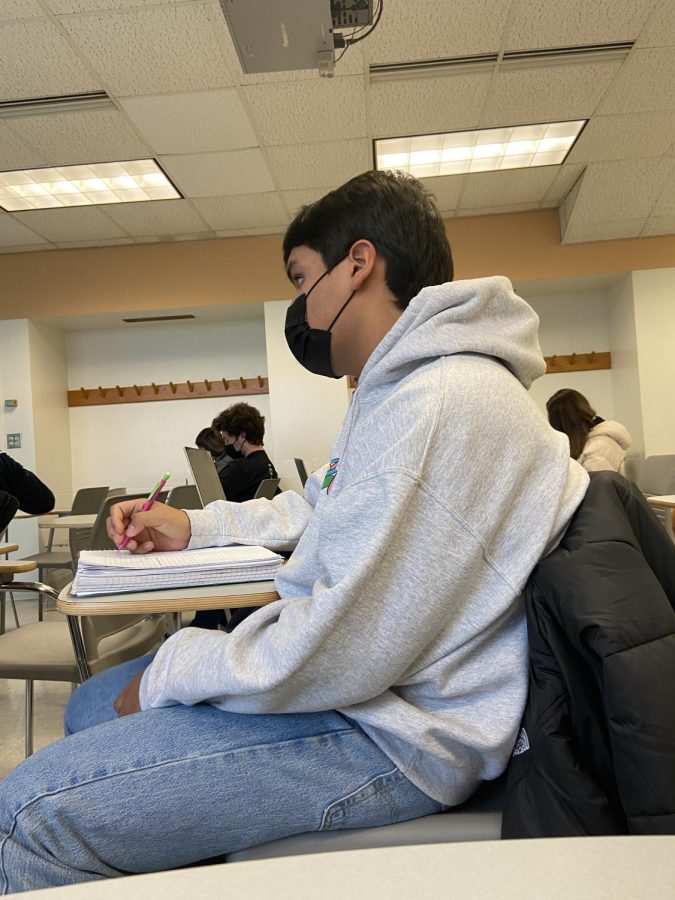

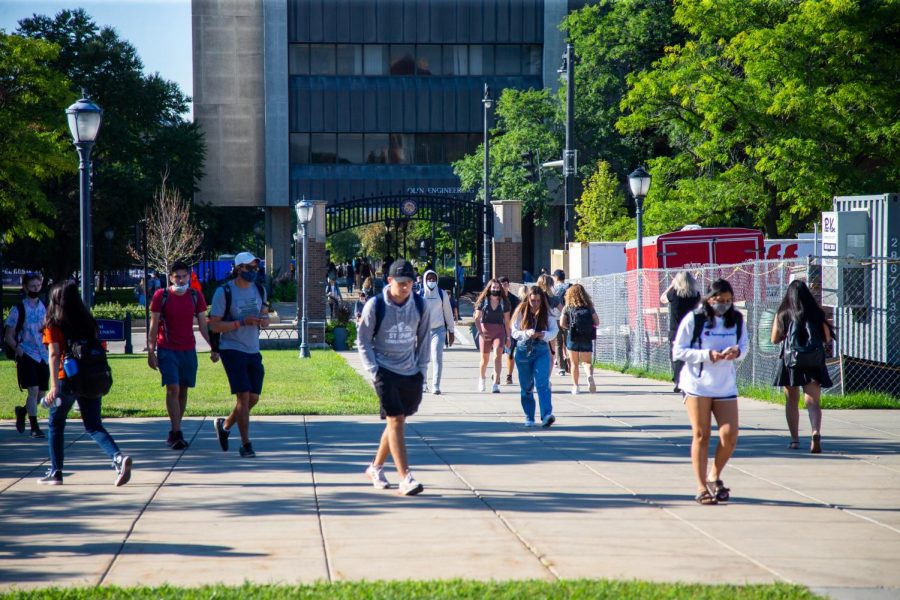

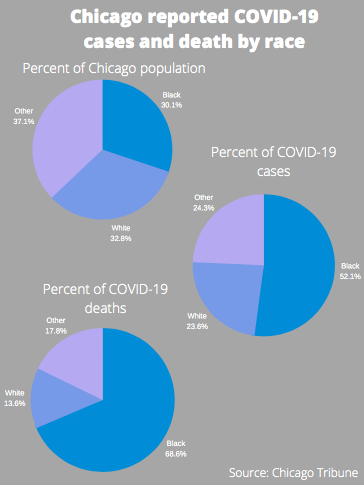
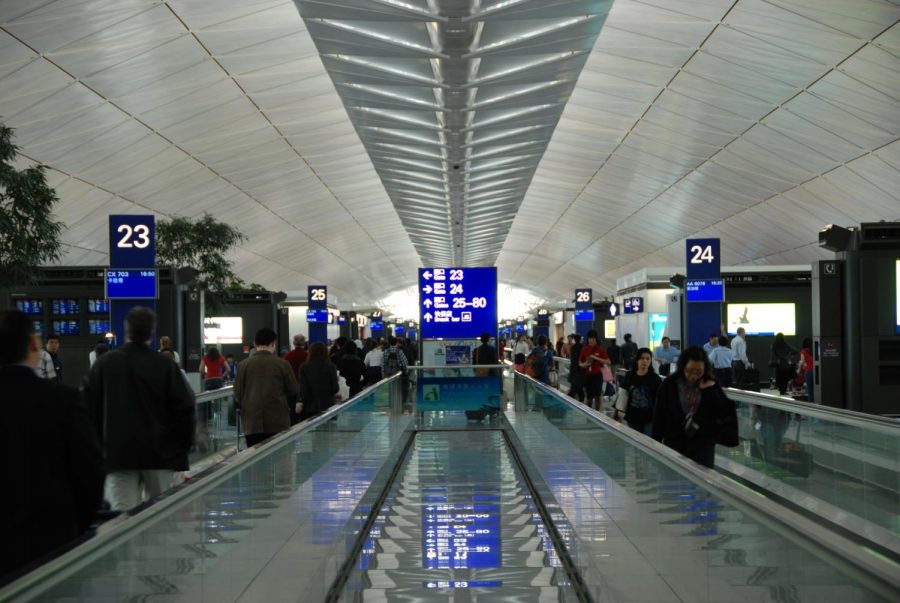
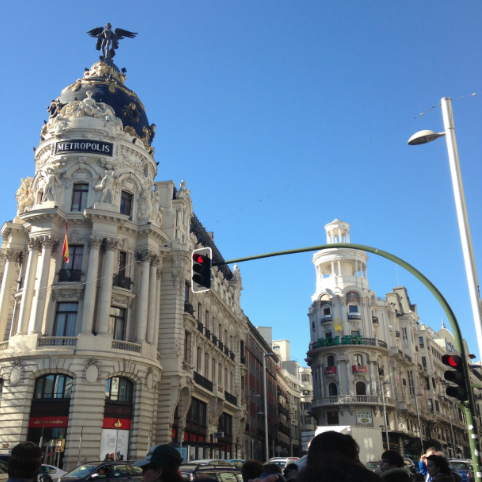
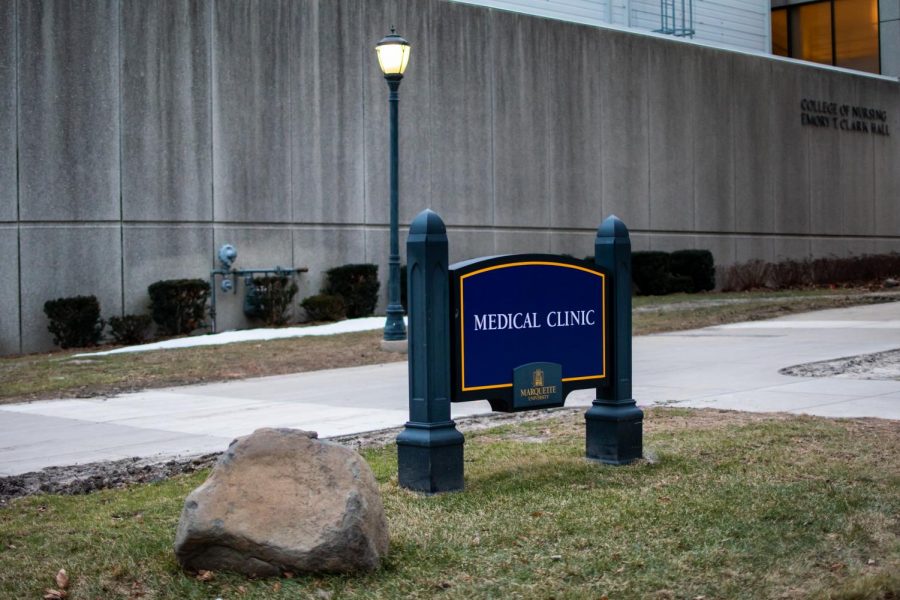



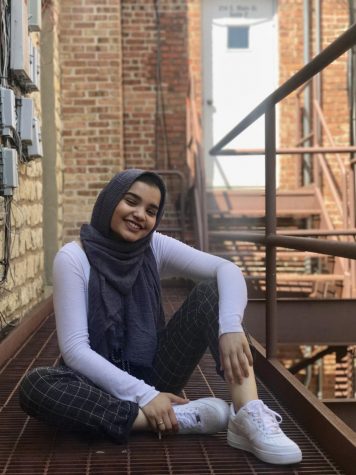
zayn • Sep 14, 2020 at 11:05 am
<3
Zayn • Sep 14, 2020 at 4:03 am
Thank u